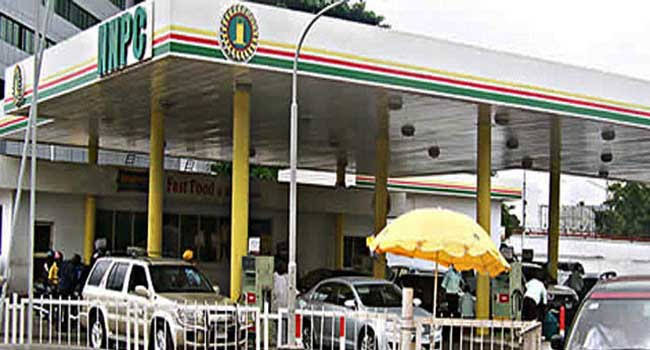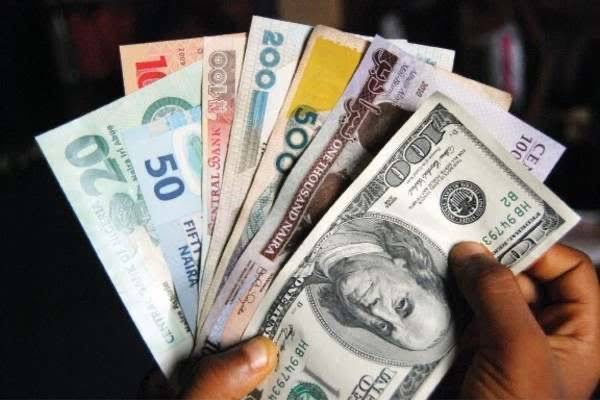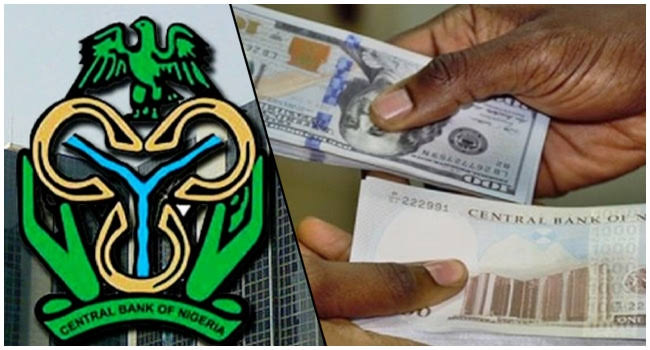The naira has continued its steady depreciation against the dollar in the foreign exchange market, following yet another fuel price hike by the Nigerian National Petroleum Company Limited (NNPCL).
This development marks an increase in the pump price of Premium Motor Spirit (PMS), further compounding the multiple price adjustments made earlier this year.
According to data from the FMDQ, the naira experienced a sharp depreciation, closing at N1625.13 per dollar on Wednesday. This was a notable drop compared to the N1561.76 it had exchanged for on Tuesday, highlighting a depreciation of N63.37.
The dip in value followed a temporary gain the previous day, where the naira had appreciated by N73.39 against the dollar.

Market turnover in the foreign exchange sector also saw a reduction, with daily transactions falling from $253.68 million on Tuesday to $170.60 million on Wednesday.
This decline suggests a tightening market, reflecting the ongoing challenges within Nigeria’s currency and economic landscape.
In conjunction with the weakening naira, the NNPCL announced yet another increase in fuel prices, raising the cost of petrol from N898 per litre to N1030 per litre.
This marks the second consecutive price hike in September 2024, further exacerbating the situation for consumers and businesses alike.

“The back-to-back price hikes will likely add more pressure on the already volatile exchange rate,” commented an industry insider who spoke on the condition of anonymity.
This latest surge in fuel prices has sparked widespread concern among market analysts, many of whom are drawing direct connections between the NNPCL’s pricing strategy and the ongoing depreciation of the naira.
“We’re seeing the direct impact of NNPCL’s fuel price adjustments on the naira. With each increase, businesses and consumers face higher costs, which in turn affects demand for foreign exchange,” noted one analyst.
As businesses grapple with higher operational costs due to increased fuel prices, the demand for dollars to meet import and production needs has risen, further driving up exchange rate pressures.
Many businesses reliant on imported goods or services are finding it more expensive to acquire the foreign currency necessary to continue their operations, leading to higher prices for consumers and a general sense of economic instability.
Overall, the combined effect of frequent fuel price hikes and the naira’s weakening position against the dollar is creating a difficult environment for both individuals and businesses in Nigeria.
The fluctuating value of the naira, coupled with the increasing cost of essential commodities like fuel, is likely to continue impacting inflation rates, consumer purchasing power, and overall economic growth in the short to medium term.
































